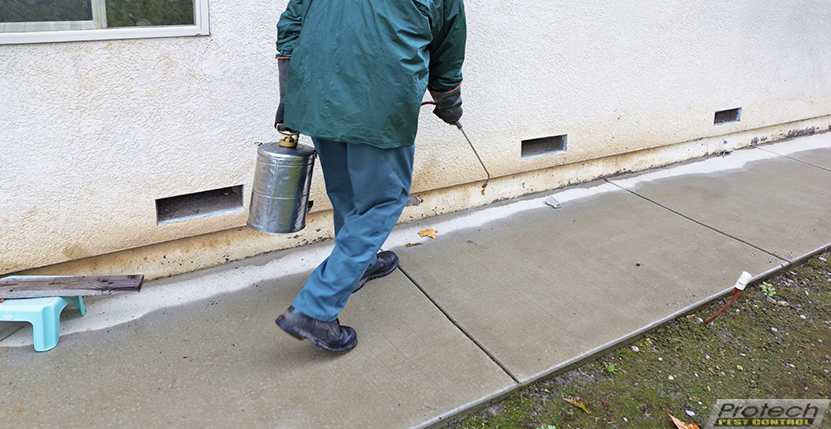Cold storage facilities are constructed to shield delicate goods from the elements. The facilities must also have energy efficiency and decrease the use of energy without degrading the quality of products stored.
Look for cold storage facilities with a good name and a good reputation. Find out about their food safety audit scores and whether they adhere to HACCP or SQF guidelines.
Perishable Goods Storage
Cold storage can be used to store food items that can spoil easily. They are typically fruit, meats, and vegetables. The supply chain and logistics for these goods are dependent on this aspect.
Warehouses equipped with specific cold storage facilities will be able to manage the large handling of perishable items between manufacturing and distribution. This is far more efficient than having to carry them on trucks and rail lines that require massive amounts of fuel.
They can be used to store food for peak demands and holiday seasons, and also to cut down on waste. The facility must be fitted with a backup electric system, which will avoid power interruptions which may compromise stored products. They must be close to transport facilities, in order to minimize delays and improve delivery.
Temperature-Controlled Storage
Unlike standard storage units, temperature-controlled storage maintains a stable environment regardless of the weather. This helps protect delicate items from humidity-induced and extreme temperatures. destruction.
If you’re in the market for temperature-controlled storage, look for facilities that offer both temperature regulation and dehumidification systems to control moisture levels. High humidity can result in various issues including photos gluing together, furniture warping, and mold or mildew.
If you are looking for storage spaces Ask questions about security precautions and tour tours to confirm the facility’s quality. Be sure to also check the facility’s HVAC equipment that is insulated and cooled properly, and request information on climate monitoring. This helps maintain a consistent temperature and humidity throughout the year.
Cold Storage: It’s Important
Cold storage provides a single-stop solution to perishable goods before they go into stores for sale or various other distribution channels. This reduces inventory costs because they consolidate bulk food products, and it makes it easier to manage bulk purchases.
Look for warehouses equipped with sophisticated temperature monitoring as well as backup power systems to prevent disruptions to supply chains that could cause spoilage. In order to reduce waste it is also important to check if the warehouse uses an inventory management system that is first in, first out.
Choose a spot in close proximity to the major hubs of transportation. This helps streamline the logistics of your business, and also reduce the transit times. It is important to understand the speed with which trucks and rail cars are loaded and unloaded to avoid delays that could increase usage of electricity. Check out the history and reputation of the warehouse with regard to conformity with industry and government rules and regulations.
Cold Storage Facilities: Their Specifications
Cold storage facilities need to be equipped with safe airlock systems and high-quality refrigeration equipment. It requires a significant investment as well as specific maintenance that can be prohibitive for some businesses.
The same is true for storage facilities that hold cold items are required to have strict security and safety precautions. This includes prioritizing employee safety and safety training as well as establishing plans for emergencies in case of power loss or equipment malfunctions.
Effective cold storage logistics and transportation are essential for maintaining the quality of temperature-sensitive goods throughout the supply chain. An efficient coordination of storage, transportation, and delivery minimizes the time as well as fuel consumption and the losses triggered by fluctuating temperatures. This also ensures that goods get to their destination in the best quality possible state. This is critical in the case of perishable products such as food and medications and also flower arrangements, plants as well as other items of ornamental value.
Cold Storage: A necessity in Industry
Cold storage units that are capable of handling perishable items have been required in the current online commerce. Food producers, pharmaceutical firms and even tech products which require a specific temperature in order to maintain their quality benefit from these facilities.
In contrast to traditional warehouses, cold storage facilities must comply with strict kho lanh cong nghiep tai ha noi industry standards in order to ensure product quality and safety. This requires extensive examinations, adequate documentation, and an experienced workforce.
The energy-intensive costs associated with the cold storage poses another issue. This issue can be mitigated by adopting energy-efficient technology by maximizing insulation, as well as looking into alternative power sources. In addition, cold storage warehousing also requires advanced technology to streamline the tracking of inventory and fulfillment process. This will help cut down on cost of labor and improve accuracy. It can increase productivity and efficiency. The technology is expensive to implement and can be a lengthy process.



